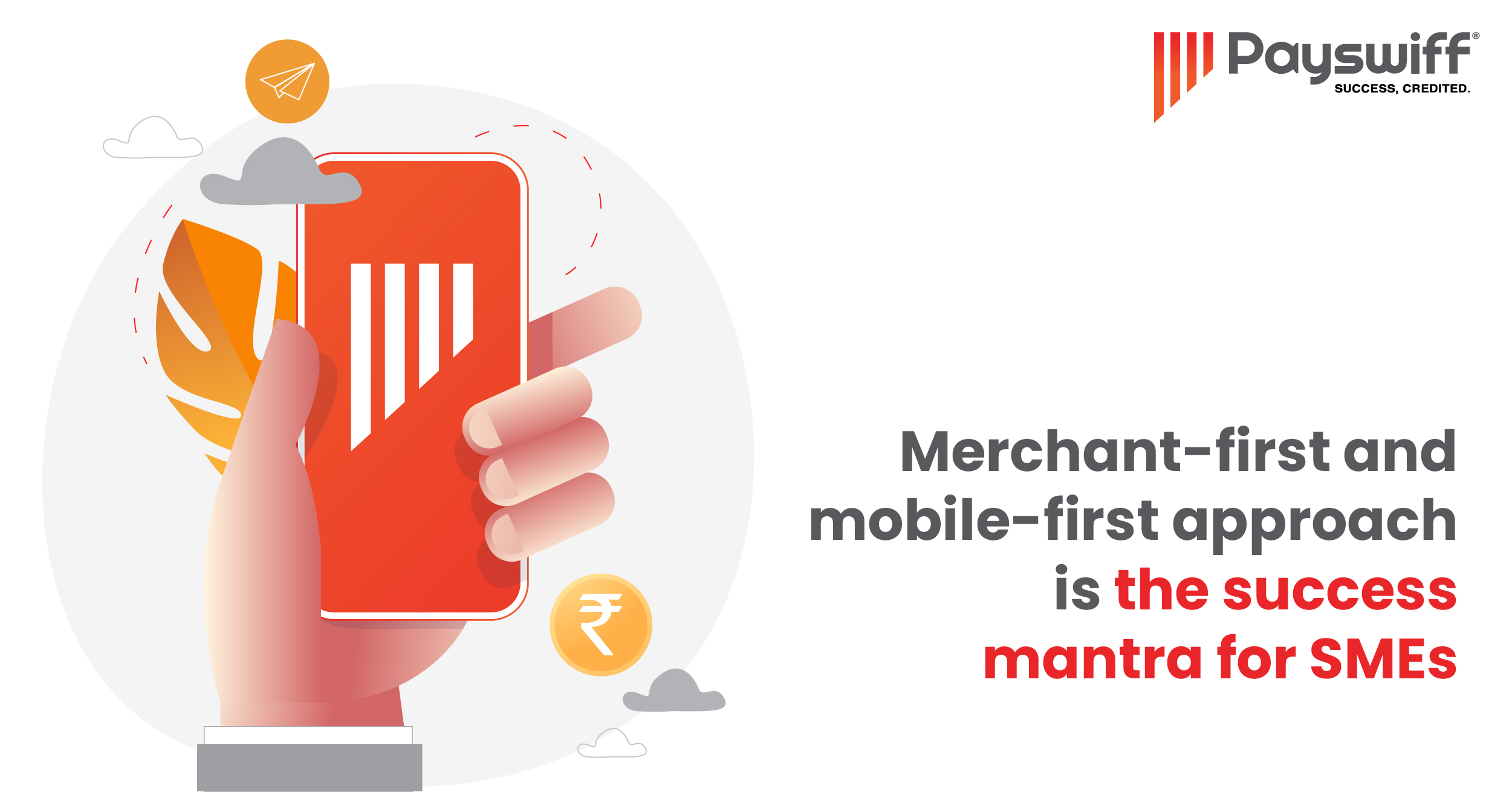Small and Medium Enterprises (SMEs) form the backbone of the economy. They contribute more than 24% to the services sector GDP, account for more than 45% of all exports in India, and employ more than 120 million individuals. SMEs incorporate different strategies to find and lead the path to success. Successful enterprises find a balance between prioritizing the needs of merchants and accomplishing the business goals. The primary focus for any business should be to keep its target audience satisfied. Here, we will talk about how a merchant-first and mobile-first approach can be the most efficient and successful approach in contemporary times.
Merchants are the agents of interaction
For an SME, the biggest advantage they can provide customers over mega-corporations is a personalised experience. While the latter kind of companies are constantly looking for ways to bridge the gap between the quality of their products and their customer service, SMEs are usually much ahead in the latter scenario.
A merchant-first approach incentivises one’s employees to stay ahead of the competition, while also maximising customer acquisition and retention at the same time.
Helping boost merchant efficiency
As such, it becomes essential to provide them with the proper tools of engagement. This ranges from high-quality infrastructure to in-depth metrics. While an SME has to effectively use its resources in the short term while it aims for growth, providing these tools will assist the business to grow in the long term as well.
Transactions are an essential part of the customer-merchant experience. Having the best payments solution will help the business be ahead of the trends, while also presenting an all-encompassing tool for making and efficiently receiving payments.
Many of these solutions – such as mobile applications and Smart POS devices – offer real-time metrics and reports. These compilations allow merchants to make more informed decisions at the point of sale while interacting with customers.
A mobile-first approach is the need of the hour
After the digitisation of the economy and the spread of Internet connectivity throughout the country, almost every consumer uses a smartphone. They have in their hands tools they are willing to use to make their lives easier.
SMEs can assist them to make their business more appealing as well as more profitable. For example, merchants can be equipped with an omnichannel payments app, where all modes of payments such as credit cards, debit cards, wallets, Link Pay, UPI QR, EMI and touchless transactions are accepted. This ensures that a customer gets to make payments using their preferred mode without it interfering with their experience at the business.
The role SMEs perform in the economy is proof of the fact that they continue to play a vital role in the country’s development. With the correct infrastructure, vision and investment, their relationship with the FinTech industry will play an essential role in determining the path of the country’s economic growth.













